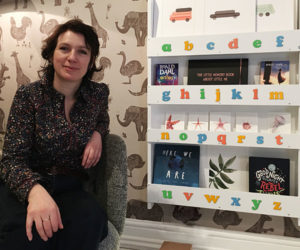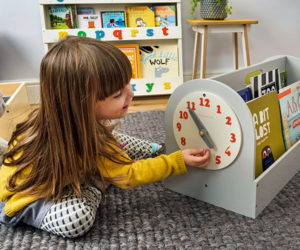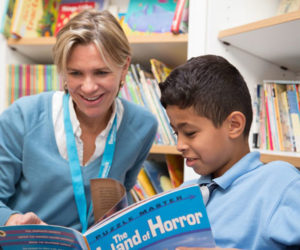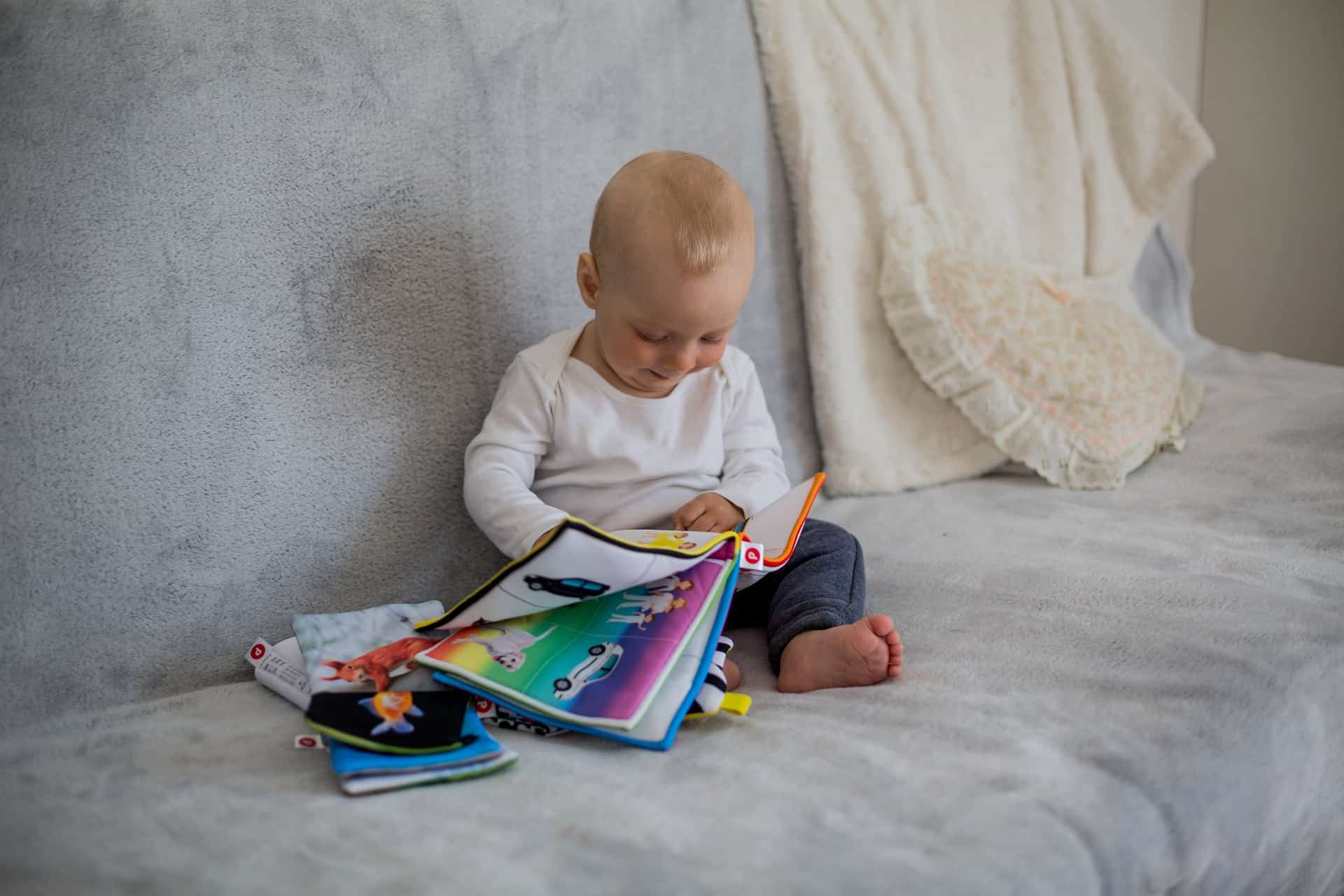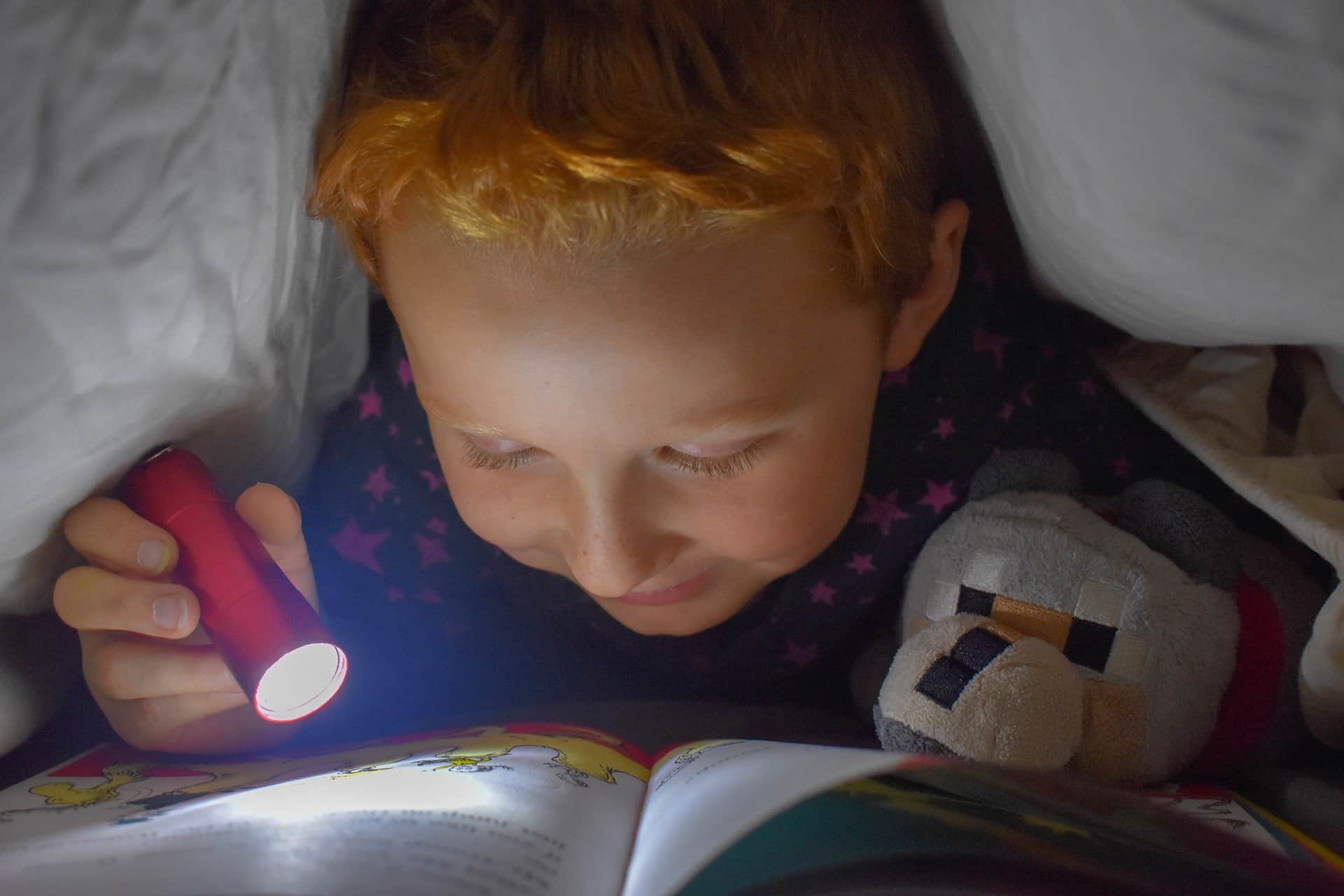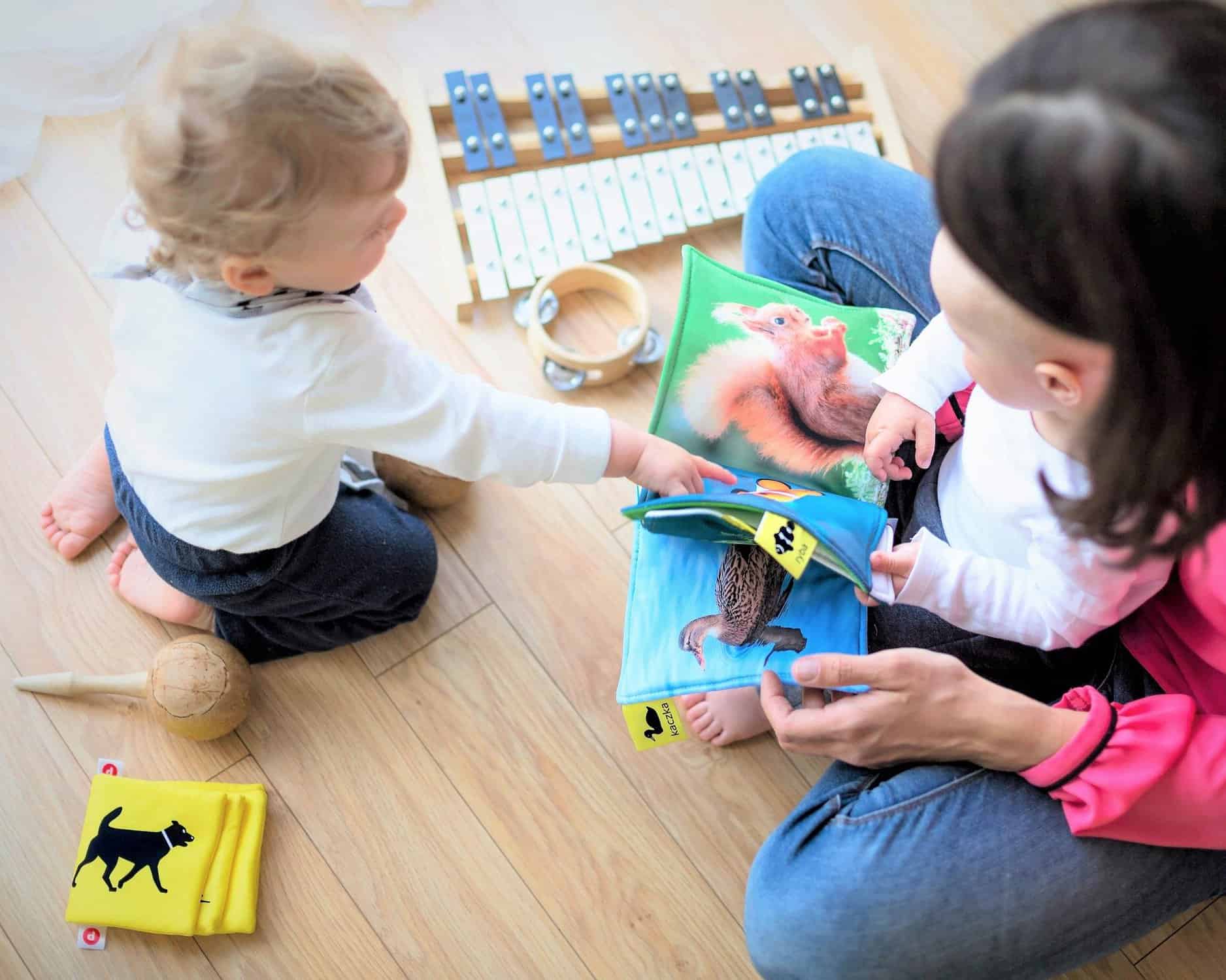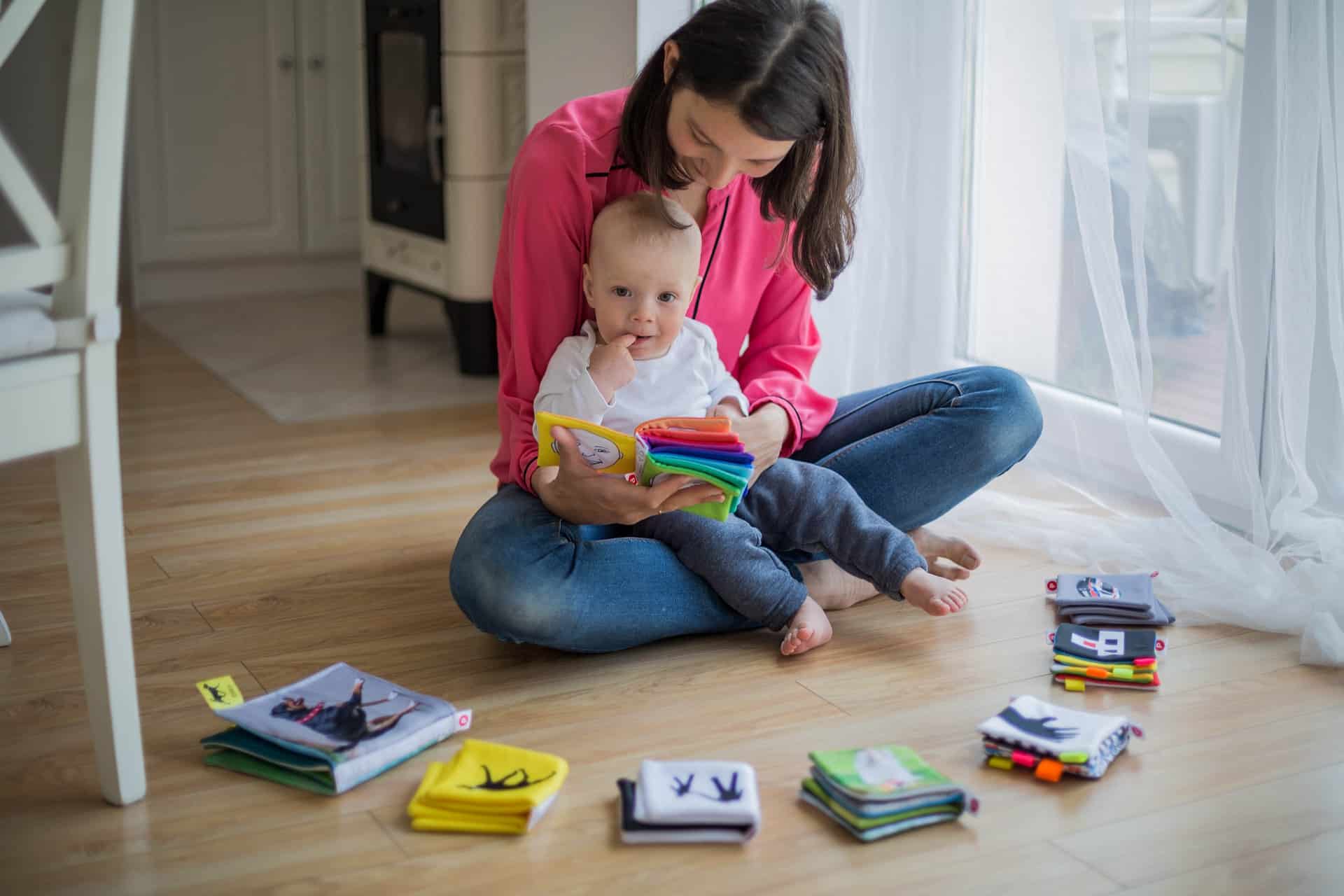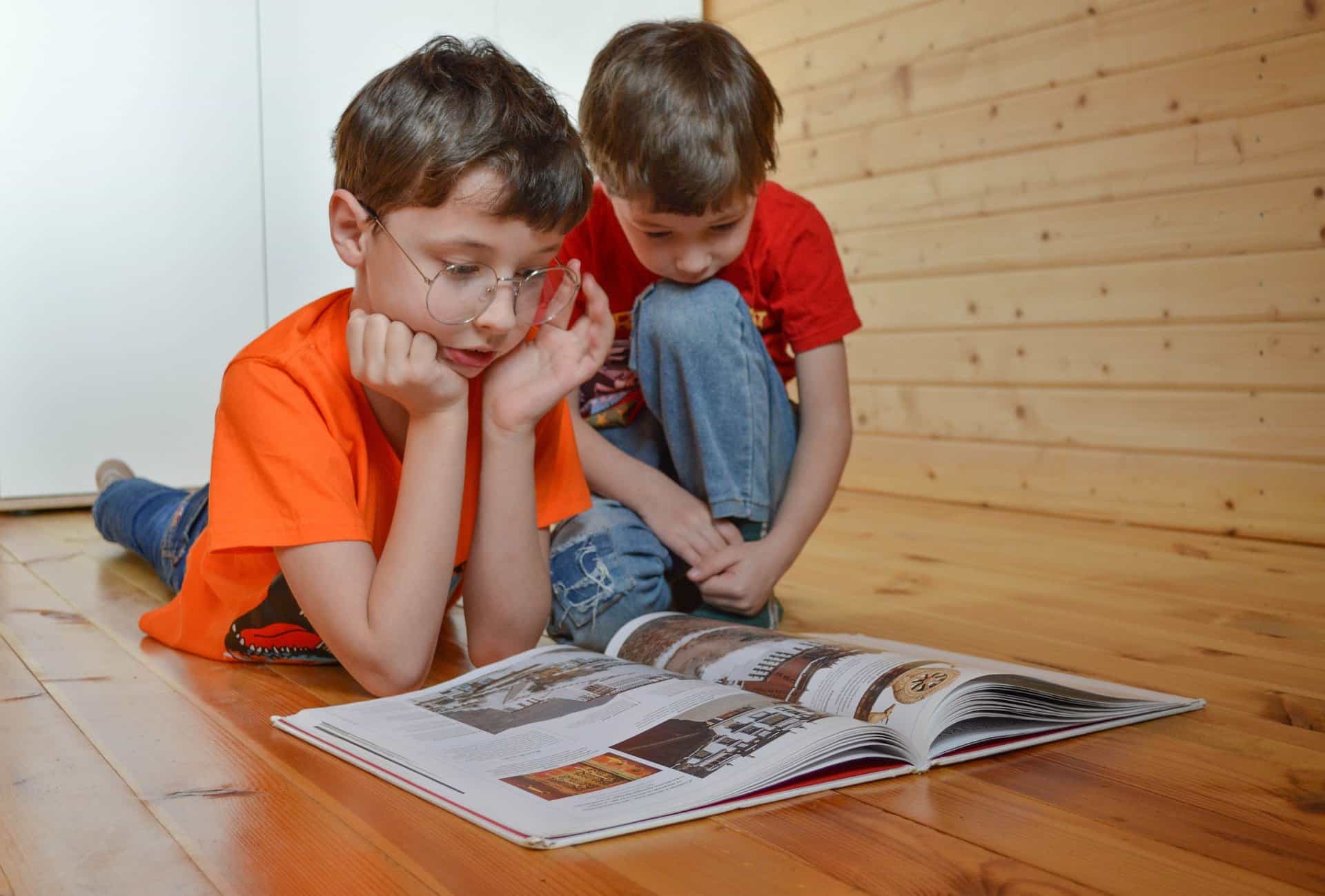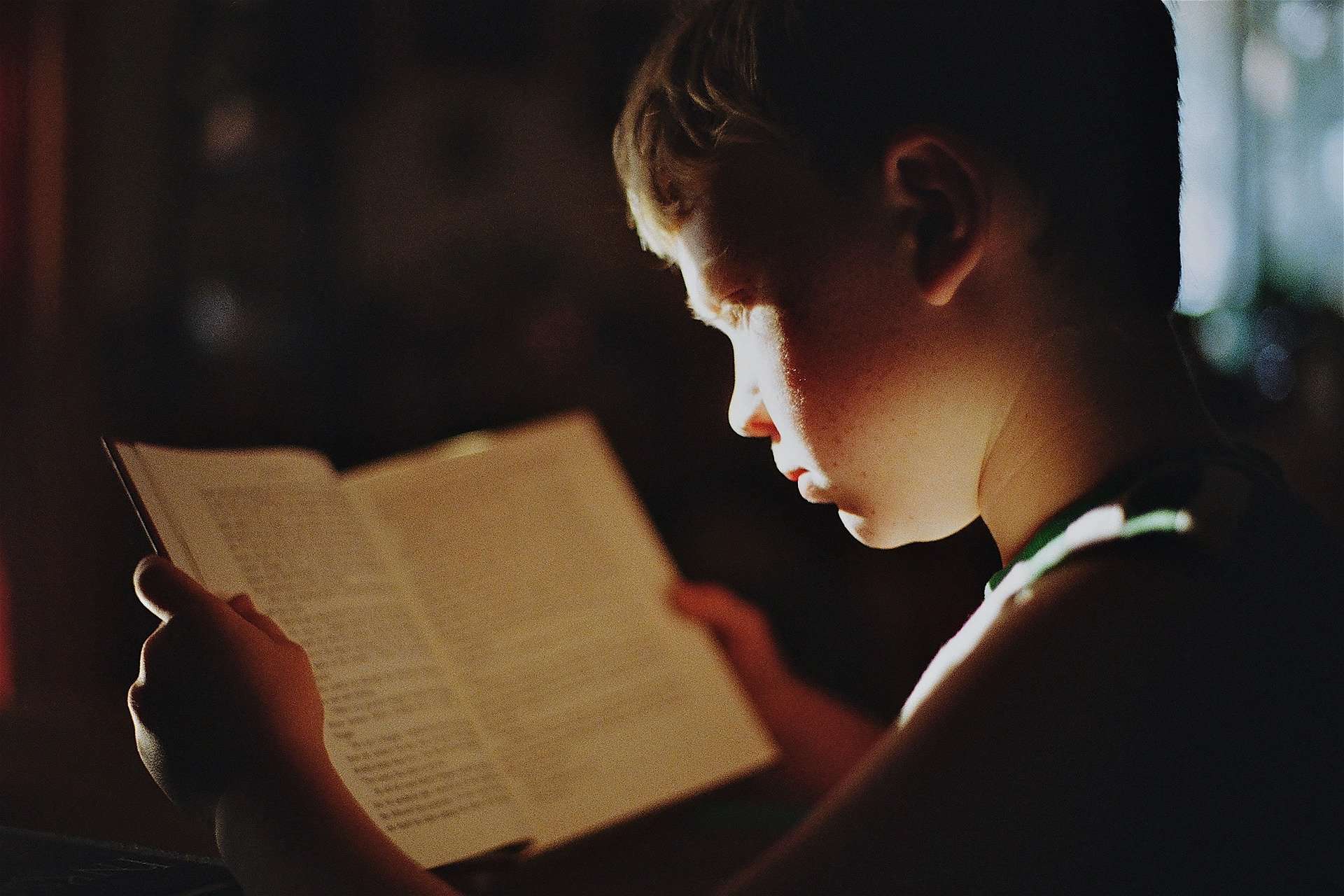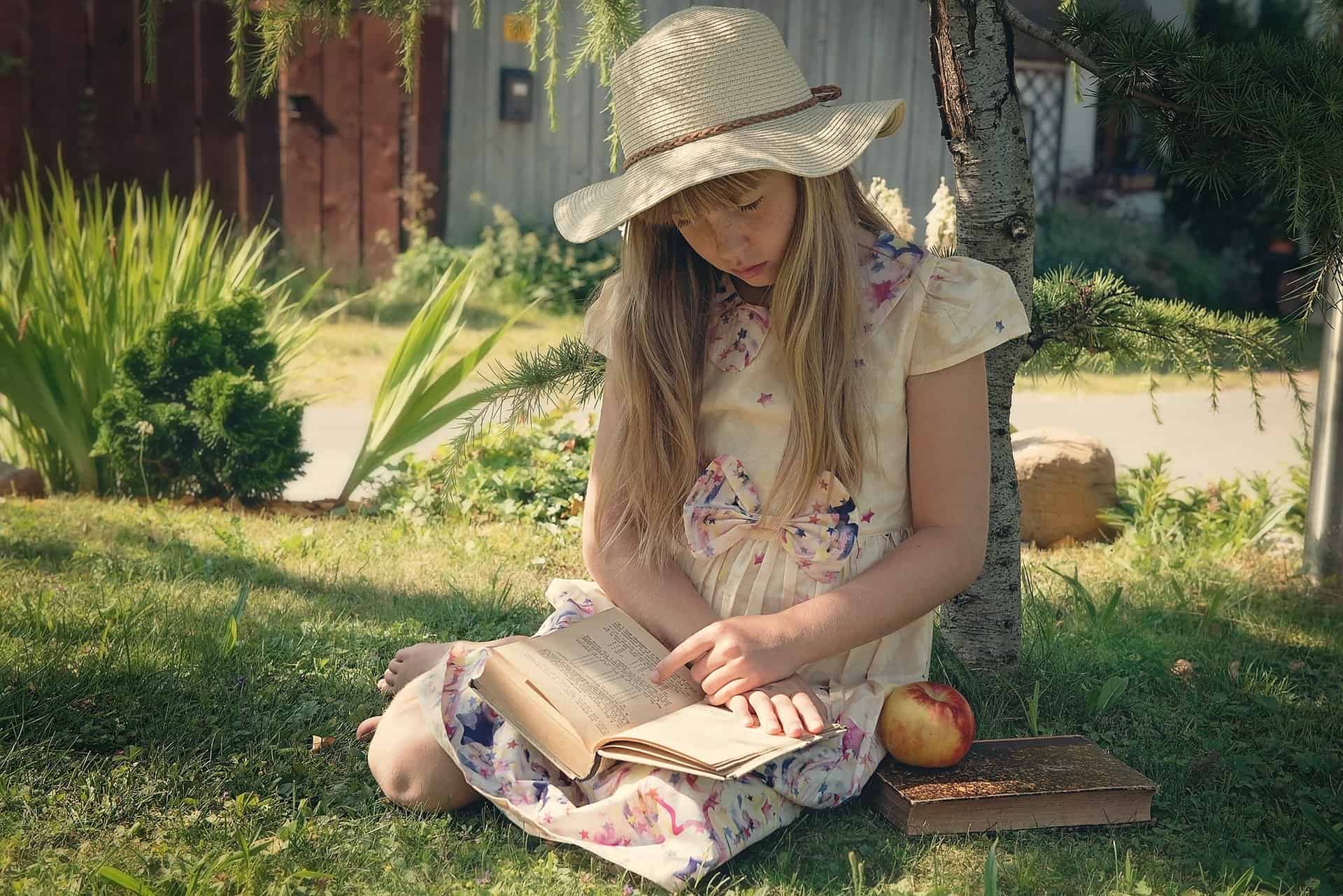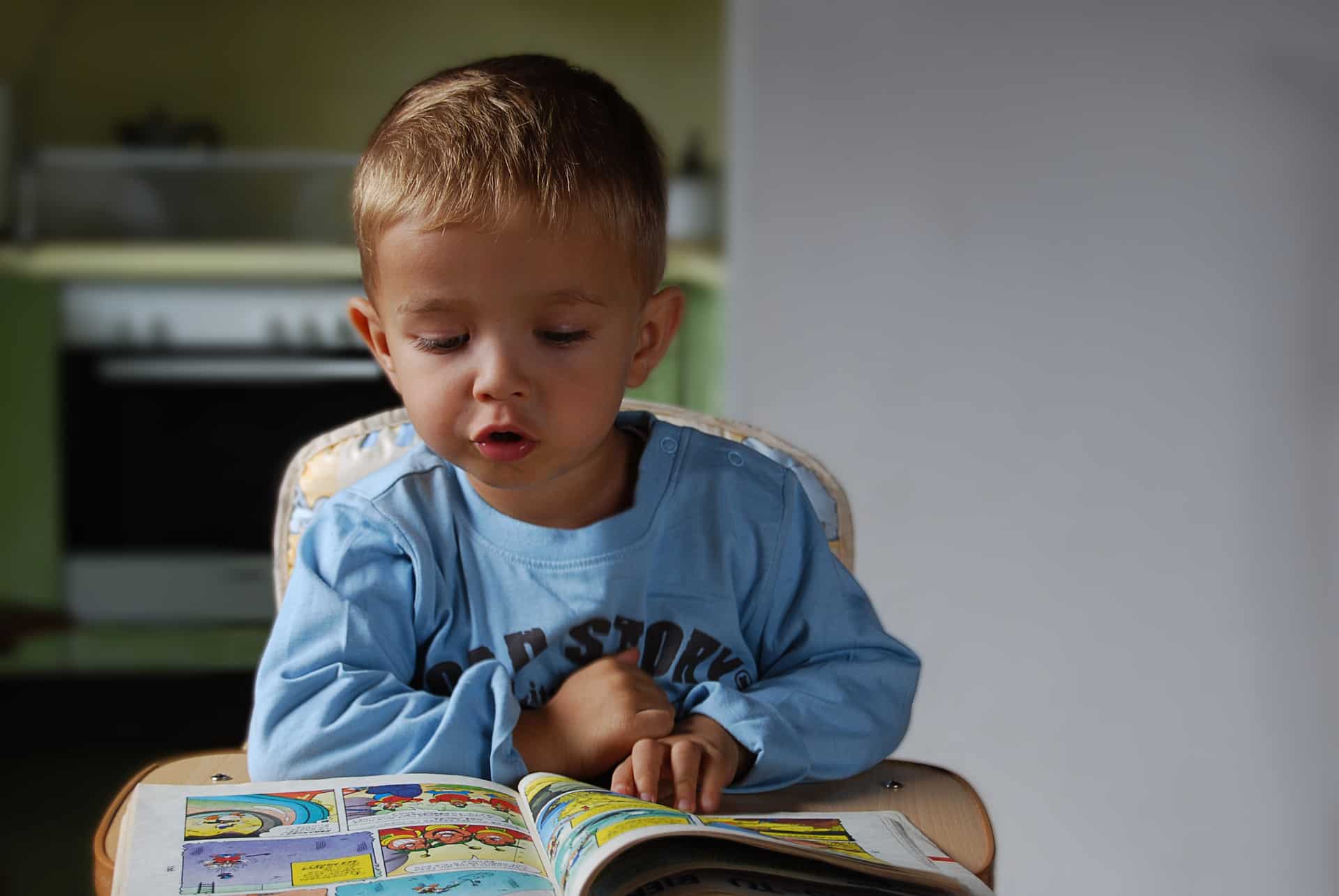When I am about to read a book, I am often torn by the amount of information I want to know before embarking on reading it. And what I mean by that, is how much of the actual plot do I want to know beforehand, or is it okay to go ahead with just being familiar with the general gist of the story?
Books come to me in various forms, recommendations from other people, ‘well if you liked that, you’ll like this’, from picking up the new title of an author I have previously enjoyed reading, and sometimes by reading reviews and descriptions on sites like Amazon, like with the last book I bought for myself.
Blogs are also great for finding book recommendations, and I have purchased a good few children’s books based on things I have read around the web. Including this morning no less, when I ordered Michael Rosen’s Sad Book, based on a post I read on Playing by the Book.
I also hope that the Tidy Books book reviews have been, and continue to be useful for others to base purchasing decisions on.
My purchase this morning was actually one of a very sensitive nature, the book in question is one that deals with grief, and in this particular case how a parent feels when they lose a child.
Not something I can immediately relate to, but I am buying the book fully aware of what to expect, and I intend to read it myself before considering if it would be material relevant to my child, and useful for him to develop his understanding of mortality and grief.
But what if there was no warning, and a character in your child’s book dies?
The youth novel market has been one of immense debate over recent years, and its popularity has spawned incredible successes for many a series of books come films, and if the excellent Bologna Children’s Book Fair summary of my new blog friend David Maybury is to be believed, then publishers are just awaiting the next big thing to appear from this genre.
For books aimed at these older children, when the choice is entirely theirs, and they are basing their decisions via similar means to us old fogies, do we just need a quick cross check to ensure what they are going to read is appropriate?
If you are the parent of a sensitive child, or perhaps one that has suffered certain traumas, for example the loss of a friend or relative, how much would you like to know about a book before it appears in their hands?
We have got very used to the classification guides of films, that come with an overall rating and then indicators to why such a rating has been given, like contains fantasy violence and mild swearing.
Would a similar system benefit books, or would it hinder the mystique of what makes book, and its story, so engaging?
I am in two minds on the subject, I can see how it could prevent regrettable instances such as children being exposed to material that perhaps it was better they weren’t, but I also feel a book could lose some of its allure and effect if we know too much about it beforehand.
But what are your experiences and thoughts?
